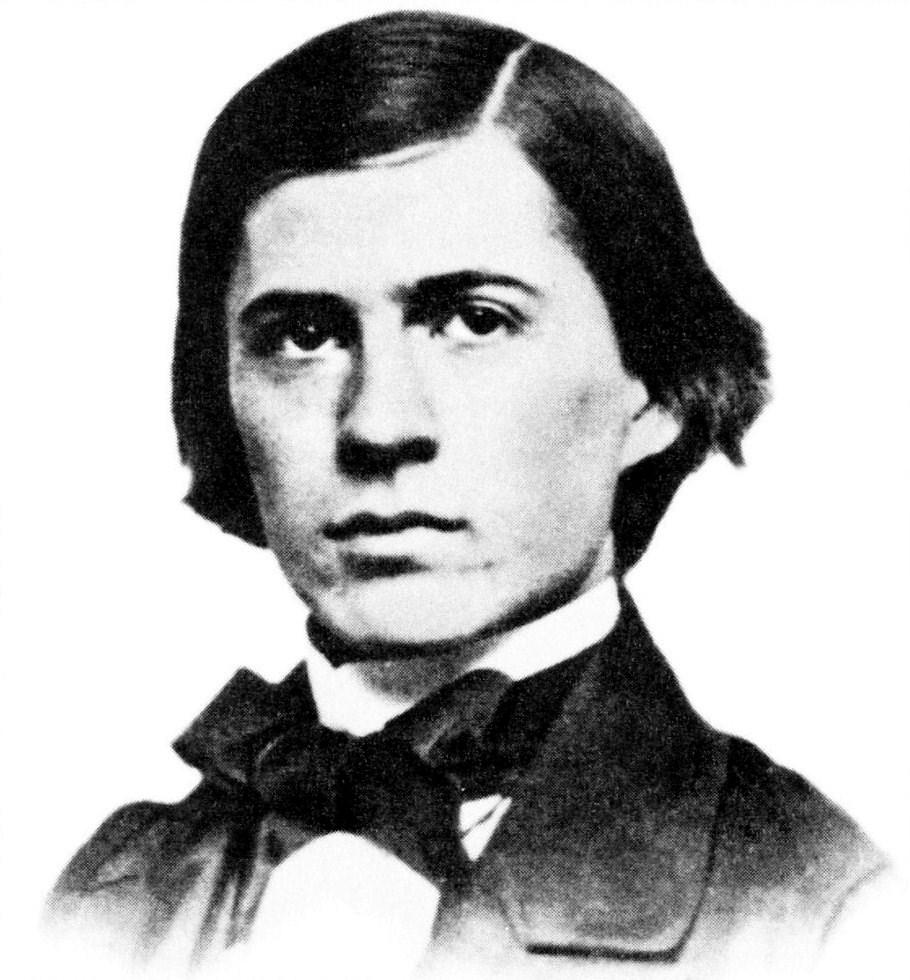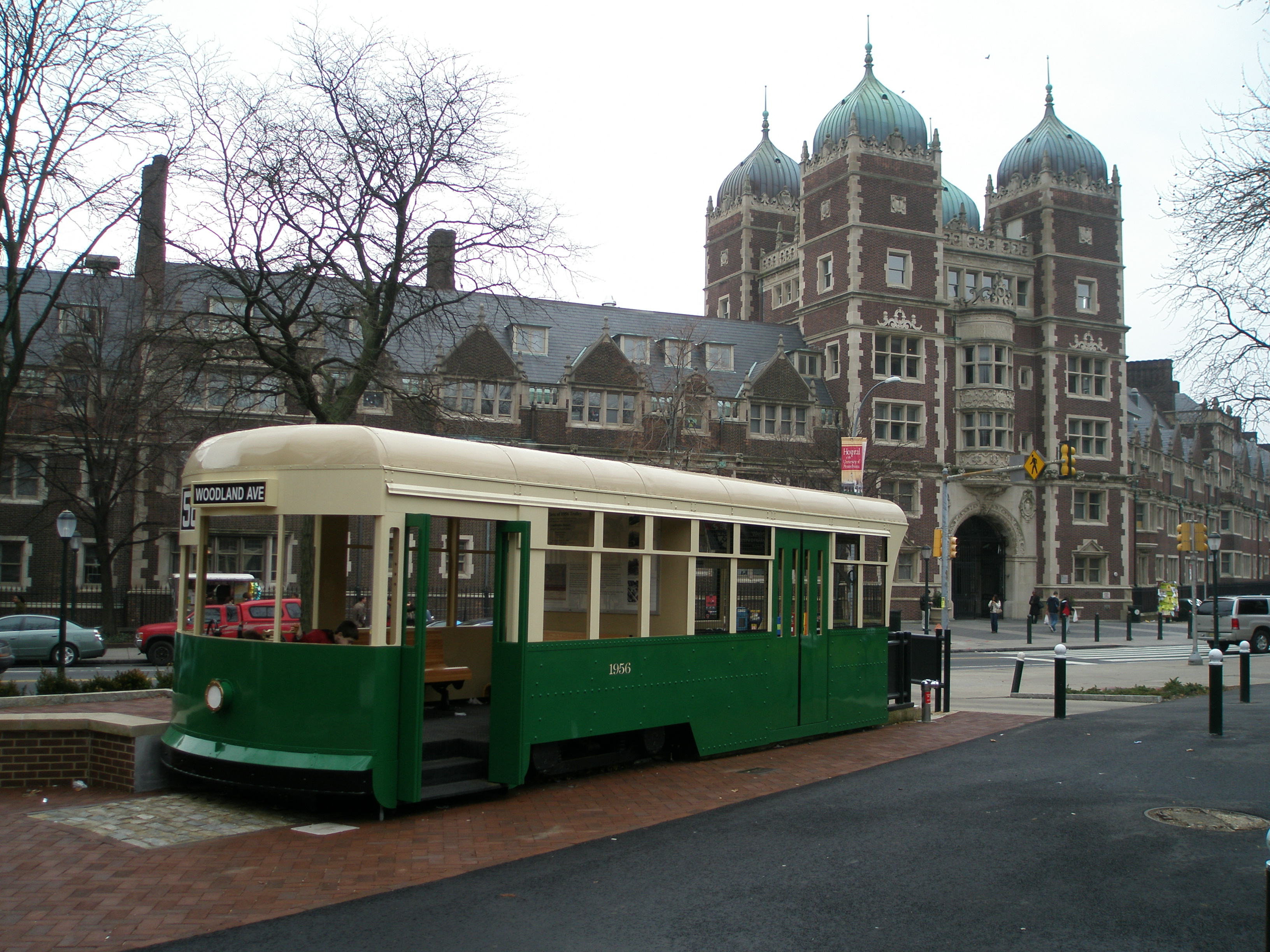|
Edgar Singer
Edgar Arthur Singer Jr. (November 13, 1873 – April 4, 1954) was an American philosopher, professor at the University of Pennsylvania, and proponent of experimentalism. Life and work Singer was a graduate student of George S. Fullerton (1839–1925) at the University of Pennsylvania, where he received his Ph.D. in psychology in 1894 with the thesis entitled "On the composite nature of consciousness." After his dissertation, he briefly taught at Harvard for William James as an instructor in the psychology laboratory. He was professor at the University of Pennsylvania from 1909 until 1943. He was an elected member of the American Philosophical Society in 1925. His pupils included Henry Bradford Smith, Edwin Ray Guthrie Jr., C. West Churchman, Russell L. Ackoff and Gordon Clark. Singer believed that consciousness was a historical construct and, as such, it was not a suitable object for a scientific psychology. As an object to unify psychology research, he suggested behavior, whic ... [...More Info...] [...Related Items...] OR: [Wikipedia] [Google] [Baidu] |
Philosopher
Philosophy ('love of wisdom' in Ancient Greek) is a systematic study of general and fundamental questions concerning topics like existence, reason, knowledge, Value (ethics and social sciences), value, mind, and language. It is a rational and critical inquiry that reflects on its methods and assumptions. Historically, many of the individual sciences, such as physics and psychology, formed part of philosophy. However, they are considered separate academic disciplines in the modern sense of the term. Influential traditions in the history of philosophy include Western philosophy, Western, Islamic philosophy, Arabic–Persian, Indian philosophy, Indian, and Chinese philosophy. Western philosophy originated in Ancient Greece and covers a wide area of philosophical subfields. A central topic in Arabic–Persian philosophy is the relation between reason and revelation. Indian philosophy combines the Spirituality, spiritual problem of how to reach Enlightenment in Buddhism, enlighten ... [...More Info...] [...Related Items...] OR: [Wikipedia] [Google] [Baidu] |
John Dewey
John Dewey (; October 20, 1859 – June 1, 1952) was an American philosopher, psychologist, and Education reform, educational reformer. He was one of the most prominent American scholars in the first half of the twentieth century. The overriding theme of Dewey's works was his profound belief in democracy, be it in politics, education, or communication and journalism. As Dewey himself stated in 1888, while still at the University of Michigan, "Democracy and the one, ultimate, ethical ideal of humanity are to my mind synonymous." Dewey considered two fundamental elements—schools and civil society—to be major topics needing attention and reconstruction to encourage experimental intelligence and plurality. He asserted that complete democracy was to be obtained not just by extending voting rights but also by ensuring that there exists a fully formed public opinion, accomplished by communication among citizens, experts, and politicians. Dewey was one of the primary figures associ ... [...More Info...] [...Related Items...] OR: [Wikipedia] [Google] [Baidu] |
1954 Deaths
Events January * January 3 – The Italian broadcaster RAI officially begins transmitting. * January 7 – Georgetown–IBM experiment: The first public demonstration of a machine translation system is held in New York, at the head office of IBM. * January 10 – BOAC Flight 781, a de Havilland Comet jet plane, disintegrates in mid-air due to metal fatigue, and crashes in the Mediterranean near Elba; all 35 people on board are killed. * January 12 – 1954 Blons avalanches, Avalanches in Austria kill more than 200. * January 15 – Mau Mau rebellion, Mau Mau leader Waruhiu Itote is captured in Kenya. * January 17 – In Socialist Federal Republic of Yugoslavia, Yugoslavia, Milovan Đilas, one of the leading members of the League of Communists of Yugoslavia, is relieved of his duties. * January 20 – The US-based National Negro Network is established, with 46 member radio stations. * January 21 – The first nuclear-powered submarine, the , is ... [...More Info...] [...Related Items...] OR: [Wikipedia] [Google] [Baidu] |
1873 Births
Events January * January 1 ** Japan adopts the Gregorian calendar. ** The California Penal Code goes into effect. * January 17 – American Indian Wars: Modoc War: First Battle of the Stronghold – Modoc Indians defeat the United States Army. February * February 11 – The Spanish Cortes deposes King Amadeus I, and proclaims the First Spanish Republic. * February 12 ** Emilio Castelar, the former foreign minister, becomes prime minister of the new Spanish Republic. ** The Coinage Act of 1873 in the United States is signed into law by President Ulysses S. Grant. Coming into effect on April 1, it ends bimetallism in the U.S., and places the country on the gold standard. * February 20 ** The University of California opens its first medical school in San Francisco. ** British naval officer John Moresby discovers the site of Port Moresby in Papua New Guinea, and claims the land for Britain. March * March 3 – Censorship: The United States Congress e ... [...More Info...] [...Related Items...] OR: [Wikipedia] [Google] [Baidu] |
West Churchman
Charles West Churchman (29 August 1913 – 21 March 2004) was an American philosopher and systems scientist, who was Professor at the School of Business Administration and Professor of Peace and Conflict Studies at the University of California, Berkeley. He was internationally known for his pioneering work in operations research, system analysis and ethics.Kathleen Maclay (2004)., UC Berkeley Press Release, 31 March 2004. Retrieved 8 May 2008. Biography Churchman was born in 1913 in Mount Airy, Philadelphia, to Clark Wharton Churchman and Helen Norah Fassitt, descendants of Philadelphia Main Line families. His first intellectual love was for philosophy and this far-ranging love for wisdom captivated him to the end of his life.Richard O. Mason (2004), "IFORS’ Operational Research Hall of Fame : C. West Churchman" in: ''Intl. Trans. in Op. Res.'' Vol 11 pp 585–588 He studied philosophy at the University of Pennsylvania, where he was admitted to the Zeta Psi fraternity. He ... [...More Info...] [...Related Items...] OR: [Wikipedia] [Google] [Baidu] |
Kristo Ivanov
Kristo Ivanov (born 1937-10-20) is a Swedish-Brazilian information scientist and systems scientist of ethnic Bulgarian origin. He is professor emeritus at the Department of informatics of Umeå University in Sweden. Biography Ivanov was born in Belgrade in the Kingdom of Yugoslavia, but grew up and was educated in Italy and later in Brazil where hgraduated in electronic engineeringat the Instituto Tecnológico de Aeronáutica. In 1961 he moved to Sweden, where he worked as an electronic engineer in the telecommunications and computer industries, with assignments in France and the USA. In 1972 he obtained a PhD degree in informatics at the Department of Computer and Systems Sciences of the Royal Institute of Technology and Stockholm University. He has conducted further studies in political economy, business administration, and statistics, and obtained a degree in psychology at Lund University His study led to positions at Stockholm University and Linköping University. In 1984 ... [...More Info...] [...Related Items...] OR: [Wikipedia] [Google] [Baidu] |
Charles West Churchman
Charles West Churchman (29 August 1913 – 21 March 2004) was an American philosopher and systems scientist, who was Professor at the School of Business Administration and Professor of Peace and Conflict Studies at the University of California, Berkeley. He was internationally known for his pioneering work in operations research, system analysis and ethics.Kathleen Maclay (2004)., UC Berkeley Press Release, 31 March 2004. Retrieved 8 May 2008. Biography Churchman was born in 1913 in Mount Airy, Philadelphia, to Clark Wharton Churchman and Helen Norah Fassitt, descendants of Philadelphia Main Line families. His first intellectual love was for philosophy and this far-ranging love for wisdom captivated him to the end of his life.Richard O. Mason (2004), "IFORS’ Operational Research Hall of Fame : C. West Churchman" in: ''Intl. Trans. in Op. Res.'' Vol 11 pp 585–588 He studied philosophy at the University of Pennsylvania, where he was admitted to the Zeta Psi fraternity. He ... [...More Info...] [...Related Items...] OR: [Wikipedia] [Google] [Baidu] |
Emma Willard School
Emma Willard School, originally called Troy Female Seminary and often referred to simply as Emma, is an independent university-preparatory day and boarding school for young women located in Troy, New York. Located on Mount Ida, it offers grades 9–12 and postgraduate coursework. The first women's higher education institution in the United States, it was founded by women's rights advocate Emma Willard in 1814 (first in Middlebury, Vermont, as Middlebury Female Seminary, later moved to Troy and renamed Troy Female Seminary). As of 2022, it had an endowment of $179 million. In 2018, the school was ranked by ''The Post-Standard'' as the #1 private school in Upstate New York. Academics Emma Willard is an independent college-preparatory day and boarding school enrolling students in grades 9–12 and post-graduate studies. Class sizes are kept at a 16-student maximum; the typical student to teacher ratio is 6 to 1. 83% of the faculty hold advanced degrees. Advanced Placement class ... [...More Info...] [...Related Items...] OR: [Wikipedia] [Google] [Baidu] |
Charles Sanders Peirce
Charles Sanders Peirce ( ; September 10, 1839 – April 19, 1914) was an American scientist, mathematician, logician, and philosopher who is sometimes known as "the father of pragmatism". According to philosopher Paul Weiss (philosopher), Paul Weiss, Peirce was "the most original and versatile of America's philosophers and America's greatest logician". Bertrand Russell wrote "he was one of the most original minds of the later nineteenth century and certainly the greatest American thinker ever". Educated as a chemist and employed as a scientist for thirty years, Peirce meanwhile made major contributions to logic, such as theories of Algebraic logic, relations and Quantifier (logic), quantification. Clarence Irving Lewis, C. I. Lewis wrote, "The contributions of C. S. Peirce to symbolic logic are more numerous and varied than those of any other writer—at least in the nineteenth century." For Peirce, logic also encompassed much of what is now called epistemology and the philoso ... [...More Info...] [...Related Items...] OR: [Wikipedia] [Google] [Baidu] |
University Of Pennsylvania
The University of Pennsylvania (Penn or UPenn) is a Private university, private Ivy League research university in Philadelphia, Pennsylvania, United States. One of nine colonial colleges, it was chartered in 1755 through the efforts of founder and first president Benjamin Franklin, who had advocated for an educational institution that trained leaders in academia, commerce, and public service. The university has four undergraduate schools and 12 graduate and professional schools. Schools enrolling undergraduates include the College of Arts and Sciences, the University of Pennsylvania School of Engineering and Applied Science, School of Engineering and Applied Science, the Wharton School, and the University of Pennsylvania School of Nursing, School of Nursing. Among its graduate schools are its University of Pennsylvania Law School, law school, whose first professor, James Wilson (Founding Father), James Wilson, helped write the Constitution of the United States, U.S. Cons ... [...More Info...] [...Related Items...] OR: [Wikipedia] [Google] [Baidu] |





